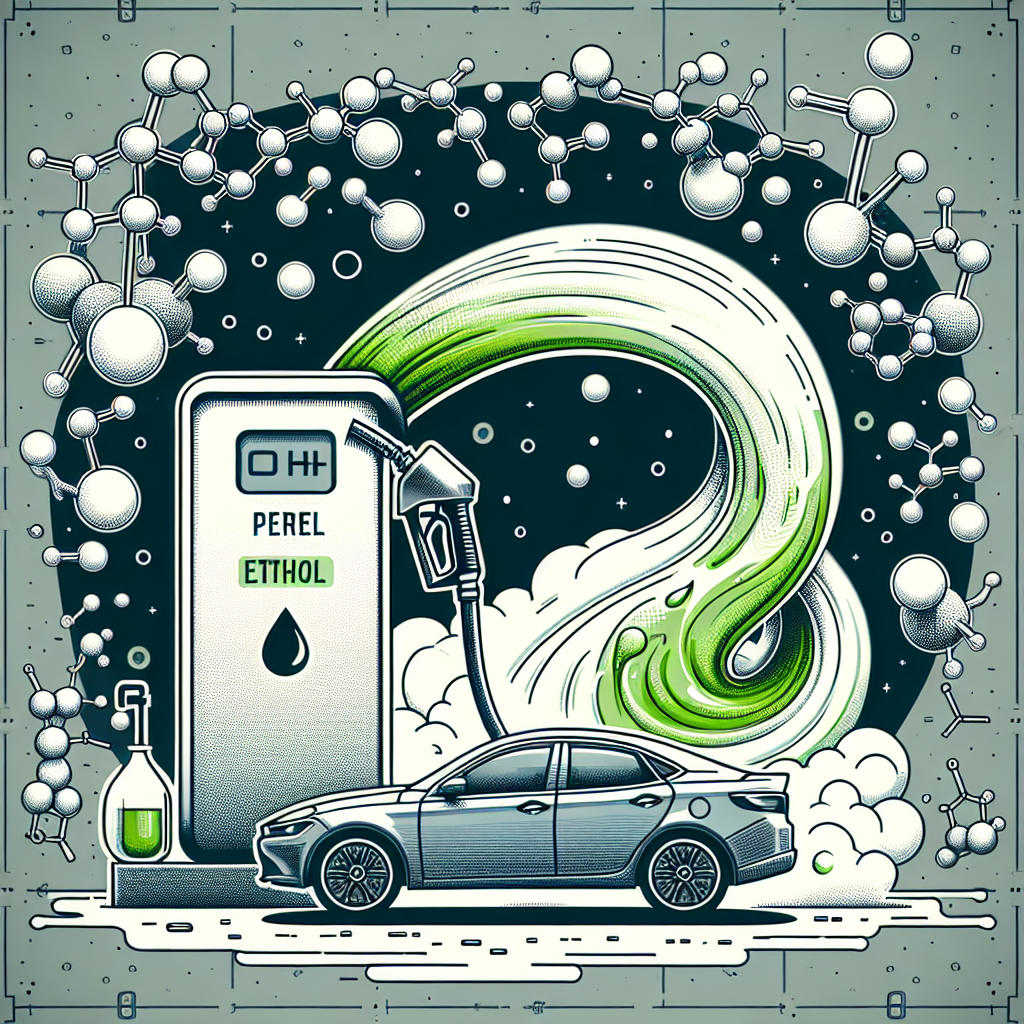Ethanol Fuel: Driving Sustainability and Economic Growth
The introduction of 20% ethanol-blended petrol (E20) leads to a slight drop in fuel efficiency but presents substantial benefits to the nation. Though some consumers worry about decreased mileage and insurance issues, experts and manufacturers emphasize the positive economic and environmental impacts of ethanol blending.

- Country:
- India
Experts have found that using 20% ethanol-blended petrol reduces fuel efficiency slightly by 2-4%, but the benefits far outweigh the drawbacks. Despite concerns from vehicle owners about efficiency and insurance impacts, auto industry leaders assure that warranties will be honored without issue.
Automotive and petroleum industry representatives highlighted the advantages of ethanol blending, which include rural prosperity, reduced crude oil imports, and a significant decrease in carbon emissions. This initiative has also yielded huge savings on foreign exchange reserves, reinforcing India's position in sustainable fuel development.
In addressing economic concerns, authorities stress that the socio-economic gains from supporting local farmers and mitigating foreign crude dependencies contribute to a more self-reliant and sustainable national framework. Ethanol blending paves the way for a robust, environmentally friendly future for India.
(With inputs from agencies.)










